A Filmmaker's Biography: Nina Simone
21/02/1933 to 21/04/2003
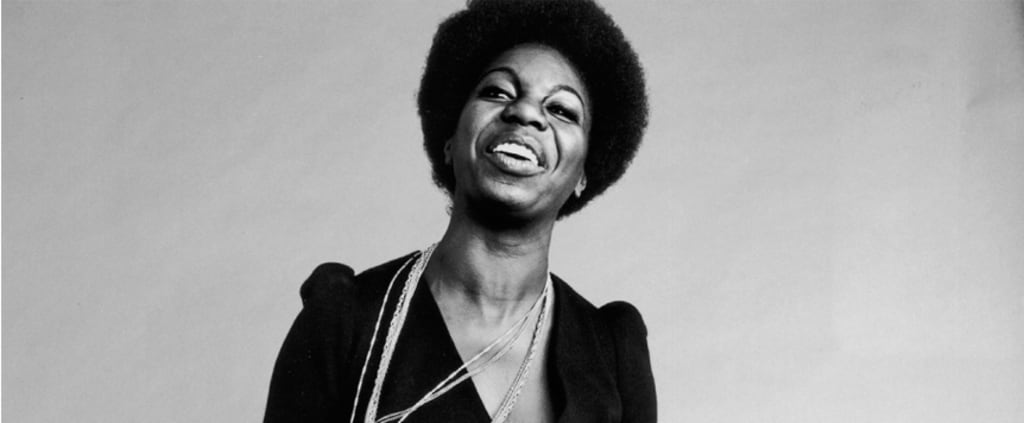
Undoubtedly one of the greatest voices in the history of music, she is also a cultural phenomenon. Her music and her message still rings proud today as many still listen and relate to her powerful, often darkly brooding and passionate sound. Her powerful, authentic voice of black power was only one of the major things that made her famous and her image contributed to a mass change amongst the black community of respecting what they looked like as they were, loving themselves and who they were. Nina Simone refused to change her hair for white people, keeping it in afro form and as authentic as possible. She refused to change her sound, keeping the authentic jazz and blues as her go-to song. She refused to change her lyrics to make white people comfortable and her most famous songs include "Mississippi Goddamn" and "Revolution".
Let's take a look at her on this special day, which would be her 87th birthday at the time of writing (2020).
Biography:
Nina Simone was born in North Carolina in 1933 as the sixth of eight children of a very poor family. She had a great talent with the piano and started playing it at the local church when she was only an infant. Her concert debut on the piano was when she was at the age of 12. Her parents, who had sat at the front to get a look at their daughter, were forced to the back to make room for white people. She refused to play until her parents were moved to the front. Simone's music teacher then established a fund to help pay for her music education. She was then able to attend Allen High School for Girls.
Simone spent the summer of 1950 in Julliard and prepared for an audition though her application, even though very good, was rejected. Suspecting this was because of racial prejudice, it fuelled Simone's involvement in the cultural movement that was on the way. The Civil Right's Movement. She took private piano lessons but was never able to re-submit an application because students over 21 were not accepted.
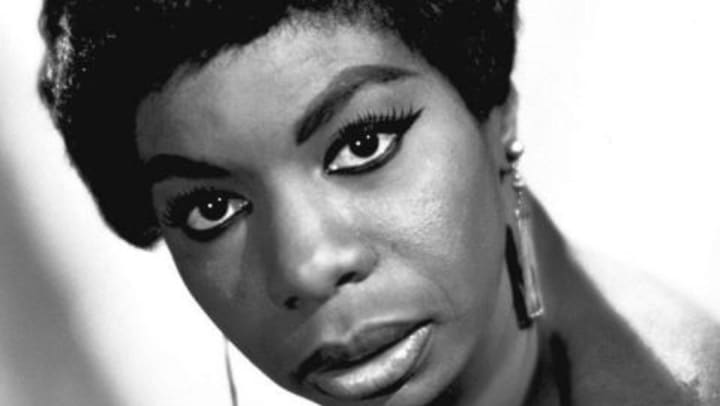
She began to sing and play the piano at the Midtown Bar and Grill in New Jersey and it was there she adopted the name Nina Simone and changed her name from Eunice Kathleen Waymon, to this. She played the jazz and blues and, coming from a religious family, she knew her parents would not approve so she didn't tell them.
She played Gershwin songs in small clubs in 1958 and befriended and married a beatnik named Don Ross. She regretted it. She learnt more songs from Billie Holiday but when she started recording in about 1959, she lost more than $1M in royalties because she'd sold the rights to her music away for $3K.
She signed a contract with Colpix Records and they relinquished all creative control over her. Simone quickly became a favourite in Greenwich Village. She got married for a second time in 1961 to a NY Police Detective whom she had a daughter with. She was beaten and abused by him in many ways.
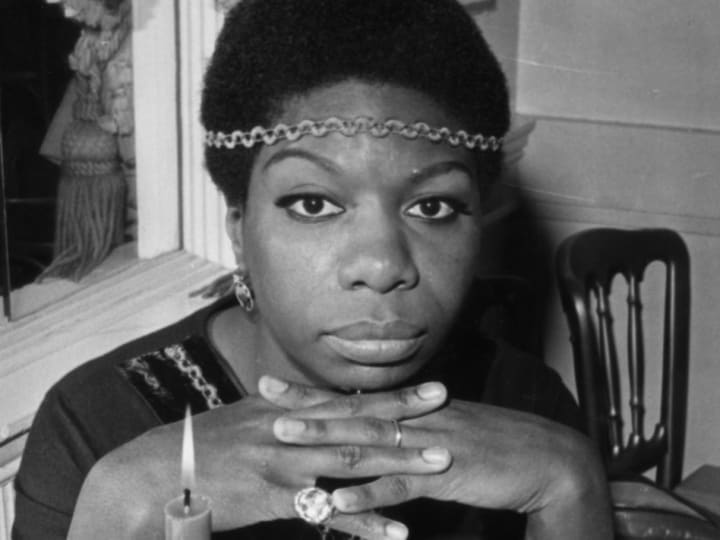
After this, she began to make changes to her style, no longer relying on the normative jazz and blues black people normally sang and, inspired by the new movement, sang songs about inequality due to race. This became the foundation for the song "Mississippi Goddamn". The reaction to the song by white people was angry with some people smashing the records, returning them or even having them banned in places. This only made Simone's output more about injustice and race relations being strained (to say the least).
After "Mississippi Goddamn" Simone states she was punished by her record label because so many people were boycotting her records. When in reality it was actually angry white people being held accountable for their actions who didn't want to be called out. She left the USA in 1970.
During the 1980s, she moved out of Barbados to perform in London, and often her popularity soared. She toured Europe throughout the 80s and 90s without any intention of returning to the USA at all.
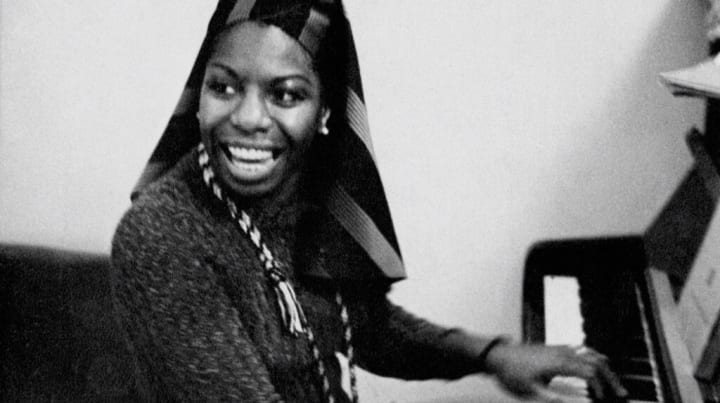
Her final album, "A Single Woman" was recorded in France and, suffering from Breast Cancer for many years, she died in her home on the 21st of April, 2003. Her funeral was attended by singers like Patti LaBelle. Her ashes were scattered in several African Countries. After this, her daughter took the name "Lisa Simone", despite her last name being "Stroud".
So, here are a list of films where you will find songs sung by Nina Simone, the High Priestess of Soul:
- "The Big Lebowski" (1998)
- "The Thomas Crowne Affair" (1999)
- "Before Sunset" (2004)
- "Sex and the City" (2008)
- "Revolutionary Road" (2008)
- "Watchmen" (2009)
- "Beyond the Lights" (2014)
- "Any Given Sunday" (1999)
- "Miami Vice" (2006)
- "Shallow Grave" (1994)
and that's just some of them!
Happy Birthday to Ms. Simone, the High Priestess of Soul and one of the greatest cultural phenomenons to come out of the Civil Right's Movement. She truly is a shining star of soul music, jazz and the blues. A brilliant singer and songwriter who, to this day, is subject to many praises by loving fans as young as teenagers still enjoying and relating to her music.
I would like to share one of my favourite photographs ever taken, it is of James Baldwin and Nina Simone. There is so much power in this photograph:
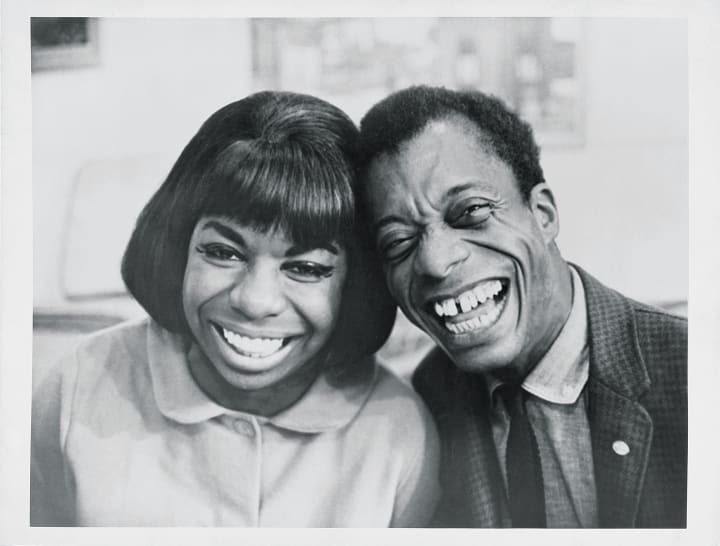
Finally, if you'd like to check it out - I have a list of my essential Nina Simone songs here: https://vocal.media/beat/my-essential-songs-nina-simone
About the Creator
Annie Kapur
200K+ Reads on Vocal.
English Lecturer
🎓Literature & Writing (B.A)
🎓Film & Writing (M.A)
🎓Secondary English Education (PgDipEd) (QTS)
📍Birmingham, UK


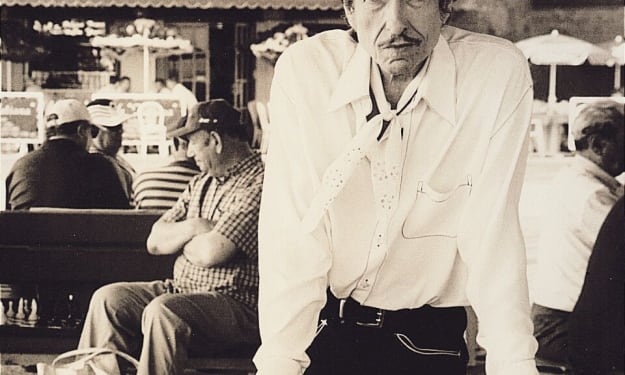



Comments
There are no comments for this story
Be the first to respond and start the conversation.